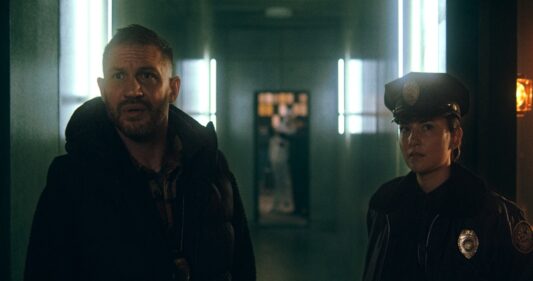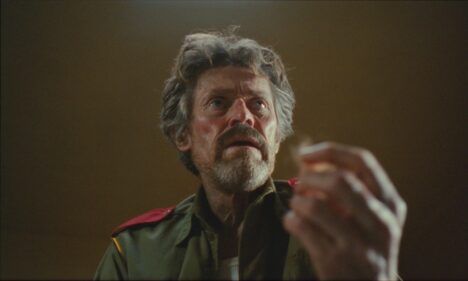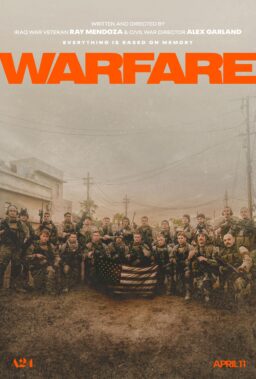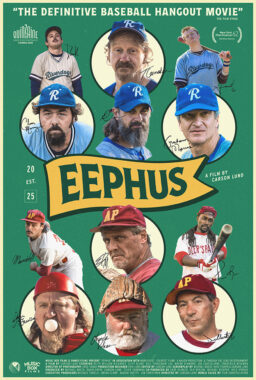A great deal of Noel Coward‘s “Private Lives” is given over to characters being frightfully rude to one another, and perhaps, Maggie Smith thinks, that has a lot to do with the play’s perennial appeal.
“I think it rather intrigues an audience,” she was musing the other day. “Perhaps they’re rather envious that people can behave in such a way.
“Of course, the rudeness, that blunt honesty for comic effect, was a very Coward thing. I did his ‘Hay Fever’ too, and that was full of people being beastly. I think, too, that a play like ‘Private Lives’ must have been very shocking when it first appeared; people weren’t so used to marriage being bandied about like this.”
While she talked, Miss Smith made herself up in her dressing room, for a matinee of “Private Lives,” which opened Tuesday in an elegantly mounted revival at the Blackstone. This production was first staged in London in 1972 (with direction by John Gielgud) and is at the midpoint of an American tour.
“‘Private Lives’ has been revived several times in this country,” she said. “But it hadn’t been done in Britain for a while, and of course it’s a play every actor wants to do. It’s very witty, even after all the times I’ve appeared in it, I still find the lines so funny. I’ve tended to appear mostly in classical plays. . . . But then I imagine ‘Private Lives’ is a classic by now, isn’t it?”
The play involves a good deal of verbal and physical abuse among its four main characters. Miss Smith plays Amanda, John Standing plays her former husband, Elyot, and they meet again in France while on honeymoons with their new spouses. They elope, the rejected spouses follow and both the second and third acts end in pitched battles.
“If you read the original text,” Miss Smith said, “it actually reads even more violently than the way we’re doing it. People get thrown about the stage and all that sort of thing.” She thought she had a copy of the original text in her dressing room somewhere, rummaged around for it, couldn’t find it and promised to get organized by this time next week.
“In those days,” she said, “plays in Britain had to be approved by the lord chamberlain, and he was very much disturbed by all the physical stuff, the violence, in ‘Private Lives.’ Noel had to go and act it all out for him, a scene I would very much have liked to witness.”
Noel Coward starred with Gertrude Lawrence in the original production of his play, and one of the problems, Miss Smith said, “is to get the sound and rhythm of Coward out of one’s head. I keep trying desperately to forget that phonograph record he made of the play!”
Wondering aloud why the play has retained so much of its appeal 44 years after its first production, she said it was well to remember that it came out, “not in the Roaring ’20s, but in 1930, with bad times just around the corner and a real hunger for some sort of desperate gaiety. in fact, perhaps that’s something of the appeal it has now.”











